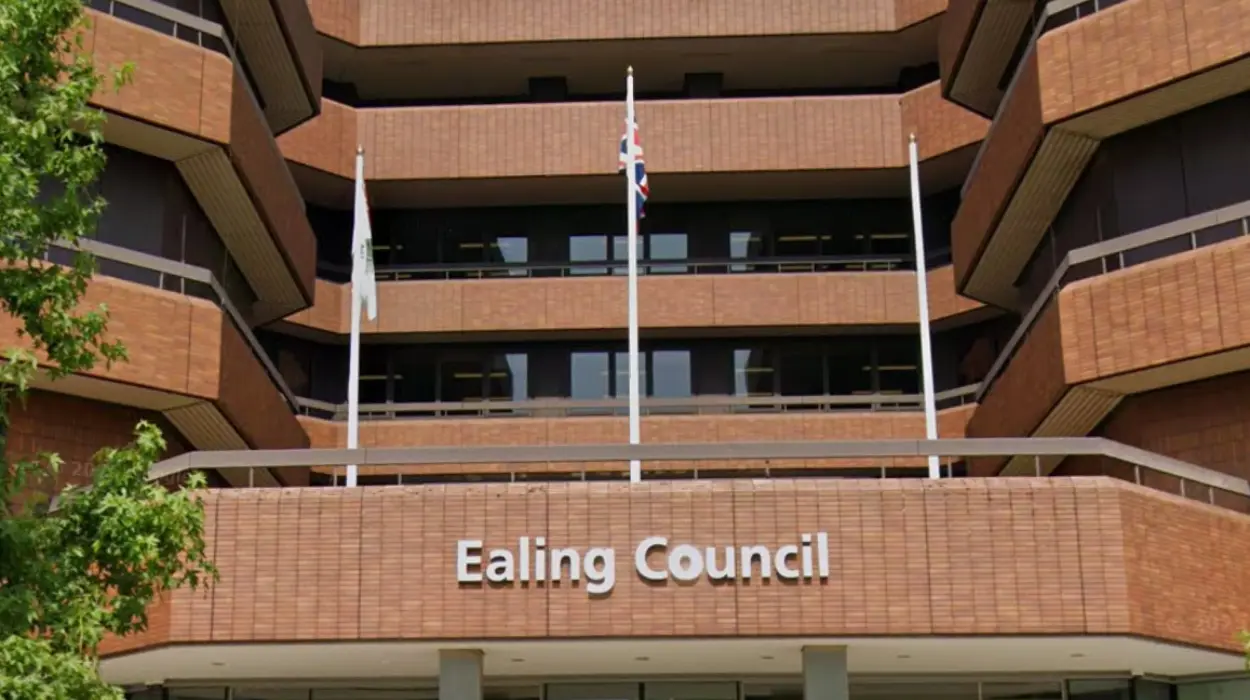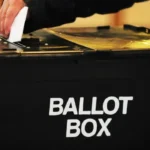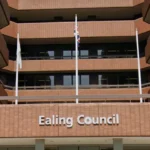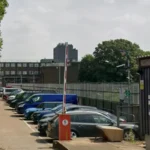Receiving a Fixed Penalty Notice (FPN) from Ealing Council can be an unwelcome experience, often issued for environmental offences such as littering, fly-tipping, improper disposal of food waste, or leaving bins on the street.
Understanding Fixed Penalty Notices in Ealing
A Fixed Penalty Notice is essentially a ‘fine’ issued for minor offences that could otherwise lead to court prosecution. Ealing Council uses FPNs as a means to enforce environmental regulations promptly and efficiently. Notices can be issued on the spot by enforcement officers or sent by post after an offence is reported or detected. The penalty amount generally varies between £150 and £1,000, depending on the severity of the offence, with higher fines and possible court costs if prosecution follows due to non-payment.
Typically, an FPN must be paid within 14 calendar days of receipt to avoid escalation. If the penalty is not paid in full within this timeframe, you risk prosecution, additional fines, and legal fees that can far exceed the original amount. It is critical to note that Ealing Council requires full payment; partial payments or payment plans are not accepted.
Here are three additional relevant headings with explanations and one with bullet points relevant to the topic “how can I pay my fixed penalty notice Ealing Council,” based on the article content:
Common Environmental Offences Leading to Fixed Penalty Notices in Ealing
This section provides an overview of the typical offences that may result in issuing an FPN by Ealing Council. The offences include littering (such as dropping cigarette butts or chewing gum), fly-tipping of waste, failing to clean up after your dog, fly-posting without permission, graffiti, and improper bin management. Understanding these common causes helps residents avoid fines and maintain community cleanliness.
Options for Challenging an FPN: Procedures and Considerations
This part discusses the limited challenge options available after receiving an FPN. Since there is no formal appeal, individuals must first contact the issuing officer to state their case with supporting evidence. If unresolved, the next step is to defend themselves in magistrates’ court. The risks and potential consequences of court challenges, including higher fines and legal costs, are also explained.
How to Pay Your Fixed Penalty Notice to Ealing Council
Ealing Council provides several convenient methods to pay your FPN, prioritizing accessibility and ease of use for residents:
Online Payment
Online payment is the most efficient and widely used method. You will need your Fixed Penalty Notice reference number (usually beginning with SC or another prefix) and the postcode of the address where the notice was issued (for postal notices). Payments can be made securely via credit or debit card on Ealing Council’s official website dedicated to FPN payments or the PayByPhone platform if related to parking offences. Once payment is submitted, you usually receive immediate confirmation, and the case is closed.
Telephone Payment
For those who prefer personal assistance, Ealing Council’s telephone payment line accepts credit and debit card payments during business hours. Calling 020 8825 6655 weekdays from 9 am to 5 pm allows you to pay your fine over the phone if you have your notice number and payment card ready.
Postal Payment
If online or telephone payments are not possible, postal payments are accepted by cheque or postal order. These must be made payable to Ealing Council and sent to the specified postal address, which is typically provided on the penalty notice. It is vital to include your FPN number and address on the payment to ensure the correct processing of your fine. Cash should never be sent by post as it is not secure.
In-Person Payment
For a limited range of penalties, you may be able to pay in person at designated council offices such as Greenford Depot. This option is less common and usually requires prior arrangement with the council. Remember to obtain a receipt of payment to prevent disputes.
What Happens If You Do Not Pay Your Fixed Penalty Notice?
Failing to pay your fixed penalty notice within the stipulated 14 days can result in serious consequences. Ealing Council will escalate the matter, potentially leading to court proceedings where the fine amount can increase substantially. In court, you might be ordered to pay additional legal costs and enforcement fees on top of the original penalty. Persistent non-payment can lead to enforcement actions such as debt collection.
Can You Challenge or Dispute a Fixed Penalty Notice?
Unlike some penalty charge notices, there is no formal appeal process for fixed penalty notices. However, if you believe your FPN was wrongly issued, you should contact the issuing officer directly using the contact information provided on your notice. You will need to present any evidence supporting your case. If your challenge is not accepted or you choose not to pay, you can defend yourself in court. Bear in mind that if the court upholds the notice, you may incur higher penalties and legal costs.
If you are required to pay a fixed penalty notice issued by Ealing Council, the process is clear and accessible. You can pay online, via phone, by post, or in person depending on your circumstances. It is essential to pay the full amount within 14 days to avoid legal consequences. Should you think the notice was unjust, contacting the issuing officer or defending yourself in court remain your primary options.
Fixed penalty notices issued by Ealing Council cover a range of environmental offences including littering, fly-tipping, improper disposal of food waste, and leaving bins on the street. The penalties associated with these notices typically range from £150 to £1,000, and they must be paid in full within 14 calendar days to avoid further consequences. Payment options for these fines are flexible, including online portals, telephone payments, sending a postal cheque or postal order, and, in certain cases, limited in-person payments at designated locations. It is important to understand that failure to pay a fixed penalty notice on time can result in prosecution, which may lead to increased fines and additional costs. There is no formal appeal process for these notices; however, if you believe your notice has been wrongly issued, challenges should be directed to the officer who issued the FPN or disputed through a court hearing.












